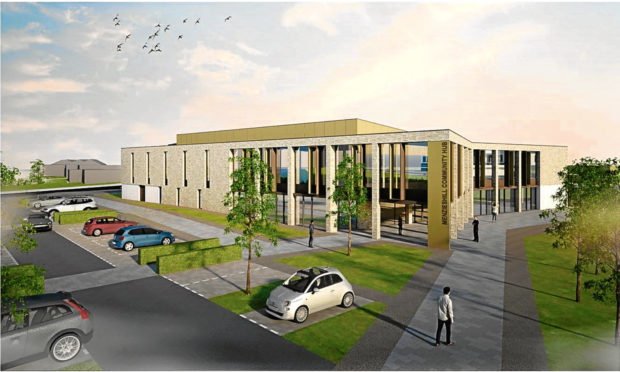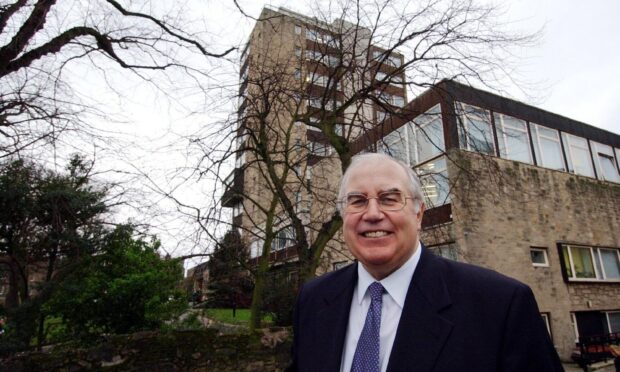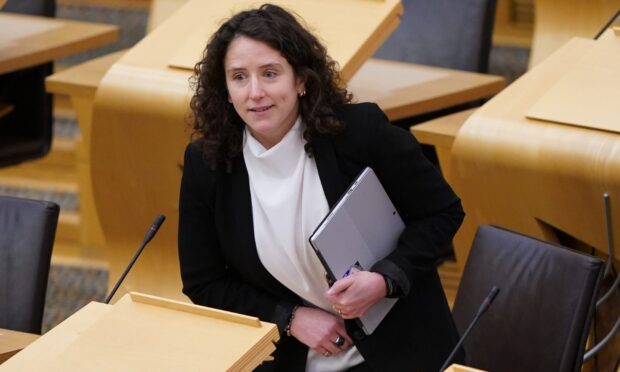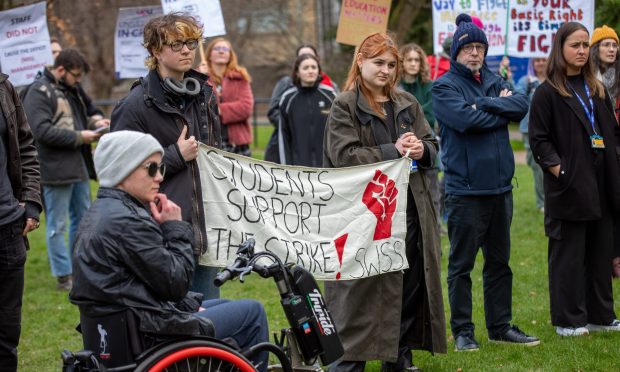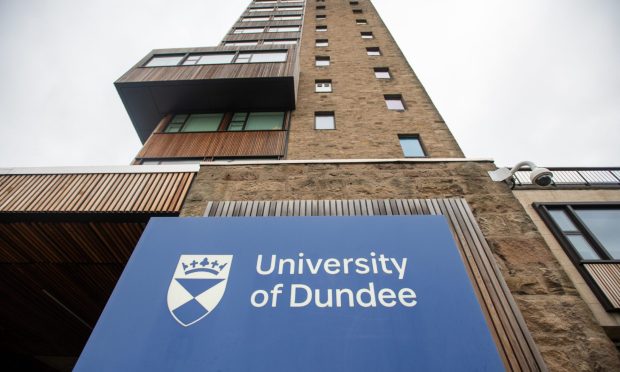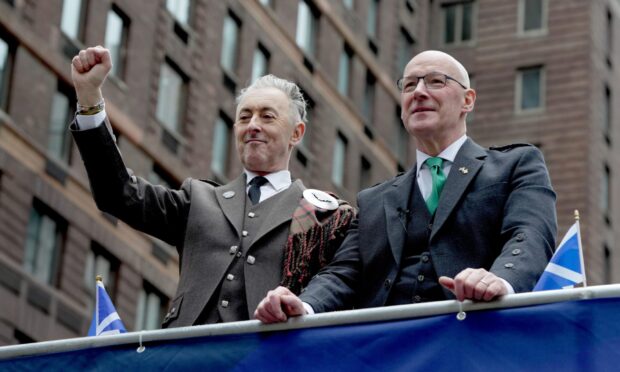Councils face a “crazy” assault on their finances from a Scottish Government clampdown on a cost-saving scheme.
Scotland’s spending watchdog has hailed arm’s length organisations (ALEOs) as a way of reducing the financial burden of running local services.
The Accounts Commission study highlighted the savings made in Dundee and Fife through ALEOs, not-for-profit companies that run leisure and other services on behalf of local authorities.
But the SNP administration is trying to stem their expansion by effectively ending business rates relief for new ALEO-run facilities.
Branding the government plan a “sports tax”, Labour MSP Jenny Marra said: “I can’t understand why the SNP have chosen to do this when our health record shows that children desperately need to be doing sport and activity at every opportunity.
“The new Menzieshill complex in Dundee will have an annual tax bill of £300,000.
“The inevitable consequence of this crazy policy is that councils in the future simply won’t plan any new facilities.
“This is possibly one of the most regressive policies the SNP has dreamt up yet.”
The report said Leisure and Culture Dundee had made savings of £15 million in the six years since it was founded in 2011, “allowing it to remove a £3.5 million funding gap and invest £1.2 million”.
The study added: “Income generated by the ALEO now exceeds the funding paid by the council.”
At Fife Council, the authors said there has been a “50 per cent reduction in costs and a 50 per cent increase in service uptake for sports and leisure” between 2008 and 2016 through ALEOs.
Graham Sharp, chairman of the Accounts Commission, which publishes the report today, said: “ALEOs can and do provide significant benefits.
“But they are not without risk and changes in tax relief may make the creation of an ALEO a less attractive option for the future.”
Mike Rumbles, for the Scottish Liberal Democrats, said: “The government needs to be doing much more to promote healthy lifestyles, not make changes that would limit access.”
A Scottish Government spokesman said ALEOs have been a way for councils to “avoid paying tax” worth about £45m in 2017/18.
“The Barclay review (into business rates system) recommended we address this,” the spokesman added.
“But in recognition of the impact this could have on existing facilities we took the decision to close this loophole only for new ALEOs, reducing the incentive for councils to place public services in trusts beyond the direct democratic control of local councillors.
“This will bring council-run facilities into line with private operators providing similar facilities who currently pay tax, and any income that is raised from new sporting facilities will be retained in full by local councils.”
